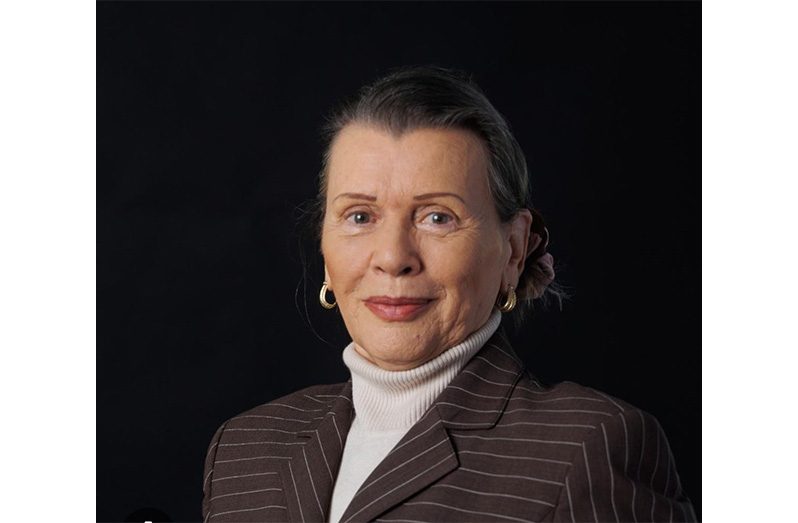By Maris Llorens
COUNTRIES from different regions of the Americas governed by diverse political tendencies have spoken out, in recent days, in favour of a predominantly technical candidate to head the Inter-American Institute for Co-operation on Agriculture (IICA), starting next year.
IICA is a key international organisation for agricultural public policy, as well as for health and trade, and therefore for our continent’s privileged position as a food producer and exporter.
My adopted country, Paraguay, together with another major food-producing nation, Mexico, were the first two countries outside the Caribbean region to announce, through their respective foreign ministries, that they would vote for the prestigious Guyanese agricultural engineer, Muhammad Ibrahim, to become the next Director General of IICA on November 4.
As explained by the Foreign Ministry of Paraguay—one of the four full members of Mercosur—in the note announcing its decision to support the candidacy of Guyana and 13 other countries of the Caribbean Community (CARICOM), Ibrahim’s extensive experience and training make him the most suitable candidate to lead IICA in this new phase.
This statement is not intended to detract from the other candidates, presented by Honduras and Uruguay, who are two highly experienced agronomists.
Rather, it is based on the conviction that IICA, as a fundamentally technical organisation, should be led in the current context by a person with proven ability and experience in the field of international technical co-operation who has also received the unanimous support of their respective region.
The candidate from Guyana is the only one who meets both of these conditions, since, in addition to his 35 years of international experience and his training and leadership of agricultural projects in various countries of the Americas, he has the unanimous endorsement of all 14 member countries of CARICOM, which are also part of IICA.
The leadership of Argentine veterinarian Manuel Otero has placed IICA in a position of prominence, prestige and influence unlike any other in the organisation’s 83-year history. This position is commensurate with the importance of agriculture in the Americas and represents a great legacy that must be preserved.
The current situation requires us to work together to continue strengthening the continent’s capacity to produce food, fiber and bioenergy in an increasingly sustainable manner, promote trade, and generate jobs and opportunities for social and productive development in rural areas, in order to prevent rural depopulation and migration.
We must improve production and efficiency, conserve and protect our soils, control animal and plant pests and diseases, and support scientific and technical research and extension to improve rural life and the contributions of agriculture to the economic and social development of our countries. Technical co-operation is essential to continue on the path of improvement and look to the future with hope. And Guyana’s candidate has the right and necessary attributes to lead that process.
It is time to work together, with humility and without selfishness, recognising that a unanimous decision in favour of the candidate best positioned to lead IICA will allow all countries in the Americas, including their agricultural powers and island nations, to work together to achieve the agricultural and rural development we desire and to further strengthen the Americas’ role as guarantor of global food and nutritional security.



.jpg)








